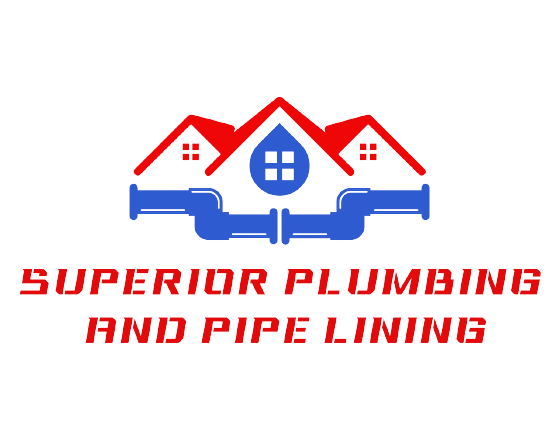
What Are the Dangers of Excessive Water Pressure?
Homeowners often don't realize that high water pressure isn't necessarily good. It may make for a great shower or fill the tub up in a matter of minutes, but prolonged intervals of high water pressure can put excessive stress on your home's plumbing. When left unchecked, that stress can lead to excessive wear to the pipes and may result in several plumbing issues, expensive repairs, or needing to re-pipe your home.
Plumbing Damage
The internal water pressure, when excessively high, can place additional strain on the plumbing system and accelerate the deterioration of the pipes. You may even begin to hear a banging or rattling noise coming from the pipes themselves. If this sounds like your pipes, don't ignore it. Given enough time, pinhole leaks may begin to form. Though small, their appearance can indicate a complete failure with your plumbing, and the pipes may eventually burst.
An absence of leaks doesn't, however, mean that you're in the clear. High water pressure can also cause seals, gaskets, fittings, or joints to loosen. As they loosen, water will eventually begin to seep out — starting slowly and then progressively worsening until the affected part breaks or bursts, leading to a severe leak and potential home flooding.
Shortened Lifespan of Appliances
If you turn on your washing machine, dishwasher, or even sprinkler system, and it seems like the appliance is unusually loud, it could indicate high water pressure. What's happening is that the increased pressure is forcing the appliance or sprinkler system to work harder than usual, leading to a change in sound.
Like pipes, the internal water pressure can also cause excessive wear to the appliance or sprinkler system, damaging the internal mechanisms, negatively impacting its efficiency, and shortening its lifespan. If the appliance were to break and spring a leak, it could lead to floor and wall damage.
Hot Water System Failure
Today's water heaters generally come equipped with a thermal expansion tank, a safety device to take on extra water volume when heated, but that's not always the case with old hot water systems. Even if your system has a thermal expansion tank, excessive water pressure may be too much. The water heater may run out of space and cause a complete failure of your hot water system, which will result in the need for a repair if not gallons upon gallons of water being pumped into your home.
Unusually High Utility Bills
High water pressure inevitably forces more water into your home, causing you to use more water in your washing machine, dishwasher, shower heads, faucets, and toilet. You may notice your faucets or shower starting to drip consistently. This doesn't just impact the life expectancy of these appliances but will lead to an uptick in your water bill — that uptick can also result from a leaky pipe or an old toilet that's past its prime. Regardless, it's essential to get it checked out. Bring in a professional to determine the exact cause of discrepancies in the water bill, mainly when those discrepancies occur two to three months in a row.
How Do You Prevent Excessively High Water Pressure?
Preventing high water pressure often starts with installing a water pressure gauge. This device will help you monitor the pressure reading in your home and should be installed on the drain connection of the water heater. Then, it's just a matter of checking the gauge periodically to ensure the pressure stays between 40 PSI and 70 PSI. This reading would be considered "normal," with the recommended pressure being 60 PSI.
If your water pressure goes above this range, especially when it reaches 80 PSI, the time has come to call a professional. Your system may need a water pressure regulator installed near the shut-off valve for the water supply pipeline. This device helps reduce the incoming water pressure, making it much more manageable for your plumbing system and home.
If you're currently dealing with high water pressure, the Superior Plumbing and Pipe Lining team is here to help with various services. Contact us today for professional assistance with your plumbing needs.
